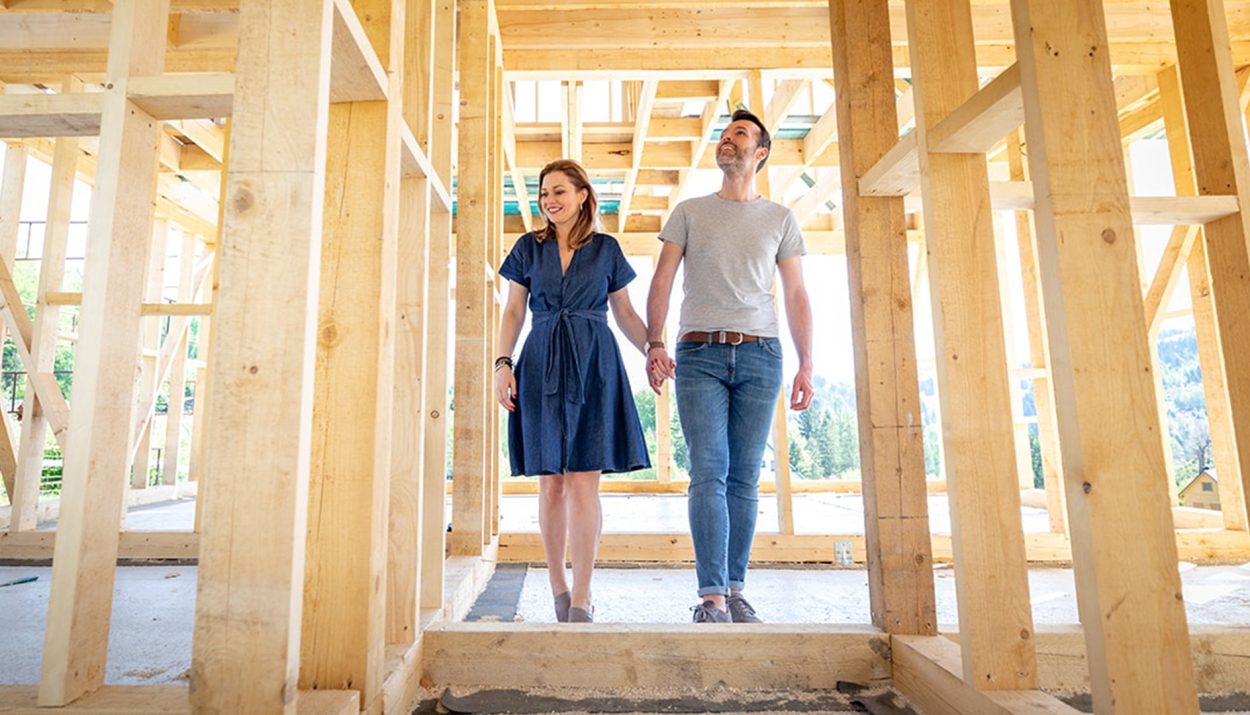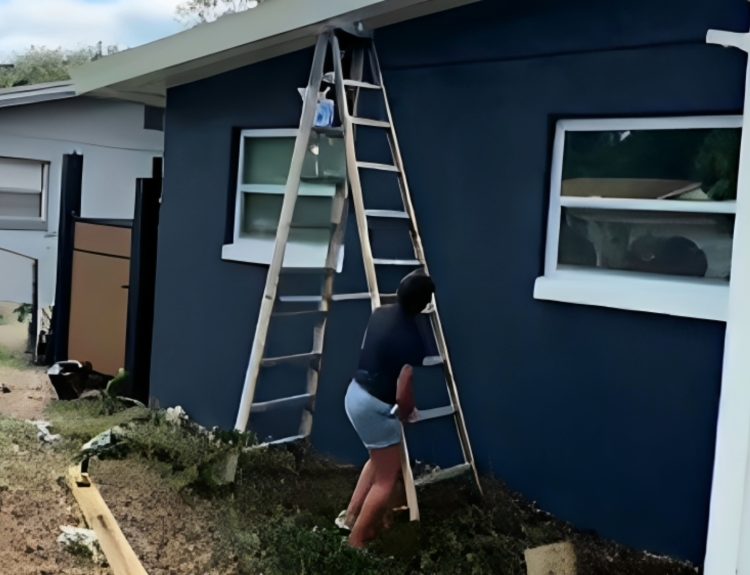Buying a home is one of the most important financial decisions that a person can make. It’s become increasingly out of reach for many Americans in the last decade, due to a variety of reasons. Between increasing costs of living and stagnated wages, high interest rates, and low housing supply, the dream of buying a home is feeling more and more like just that: a dream.
The Challenges of Buying a Home
Buying a home is ostensibly an easy process, which becomes much more difficult once you’re actually in the thick of it. Getting pre-approved for a mortgage merely requires some tax documents or pay stubs, and then it’s off to the races with open houses and showings.

Finding a house that fits your needs is significantly more challenging than getting approved, especially when considering your budget. Houses are increasingly unaffordable these days, and it’s a fact that there are many people who won’t ever be able to buy a home with the cost of living and the rates of wages in America as they currently are.
High Interest Rates and Low Supply as the Reasons
Some of the reasons behind the high costs of houses are high interest rates and low housing supply. Of course, there is always a factor of profit in the equation, which has becoming more and more prevalent the last several years, but the former two reasons are the primary drivers behind high wages.
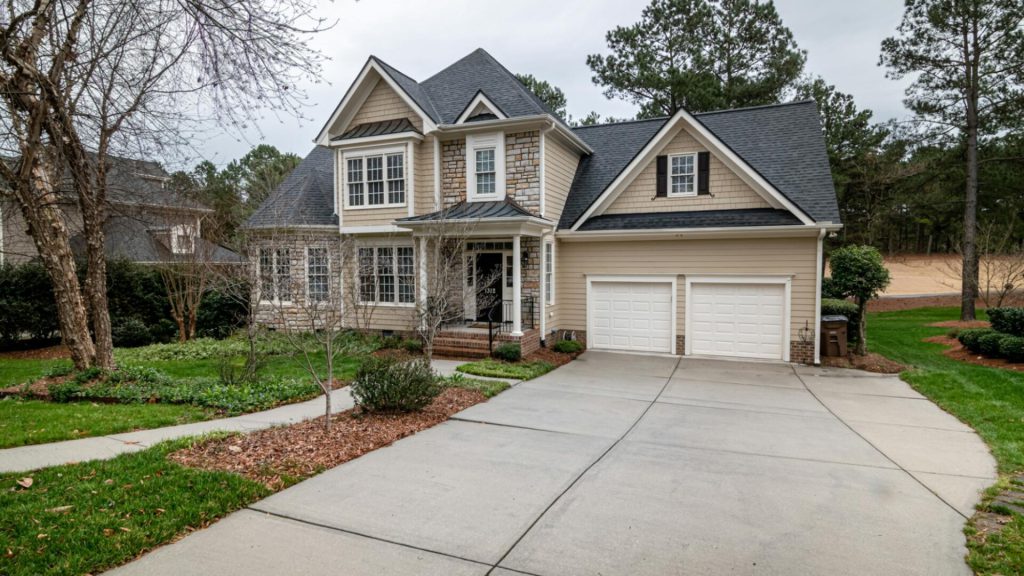
While there isn’t much that can be done about high interest rates, particularly while the Fed is still trying to curb inflation, efforts are being made to improve the housing supply issue. It’s a multifaceted issue, of course, and one that will require multiple solutions to truly address the problem.
Corporations Making Things Worse
One of the primary causes behind low housing supply is the involvement of corporations in the housing market. Several large companies, following the housing crash of 2008, started buying up single family homes in droves while the market was down, when they could purchase the home at a low price and flip them around to rent to Americans for inflated prices.

This has also had effects on the costs of renting in America, but that’s a separate problem. These companies, including Blackstone and Pretium Partners, own tens of thousands of homes across the United States, holding them as permanent rental properties. This means that there are that many fewer pre-existing homes that are available for families to buy, driving up the costs of homes that are currently on the market.
Legislative Solutions to Housing Problems
There are some legislative solutions that have been introduced to address this problem. The End Hedge Fund Control of American Homes Act would mandate that hedge funds sell off all single-family homes over a ten-year-period, and would prevent them from owning single family homes after the fact.
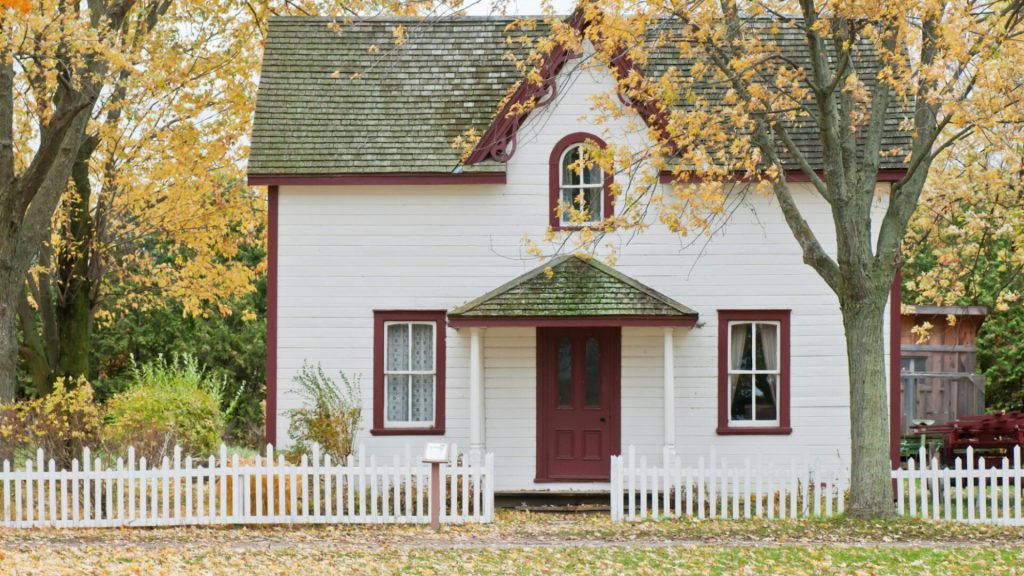
The goal would be to flood the housing market with these already existing single-family homes to purchase, allowing more Americans to achieve the goal of home ownership. This would also create more competition in the rental market, forcing rental properties to reduce their rental prices which many experts say are inflated artificially high exclusively for profit.
Building Houses to Increase Supply
While that bill is currently making its way through Congress, the other method of adding more houses to the market is to build them. This is a movement that is being seen across the country, with states like Texas leading the charge in building new homes and attempting to improve the rental market.
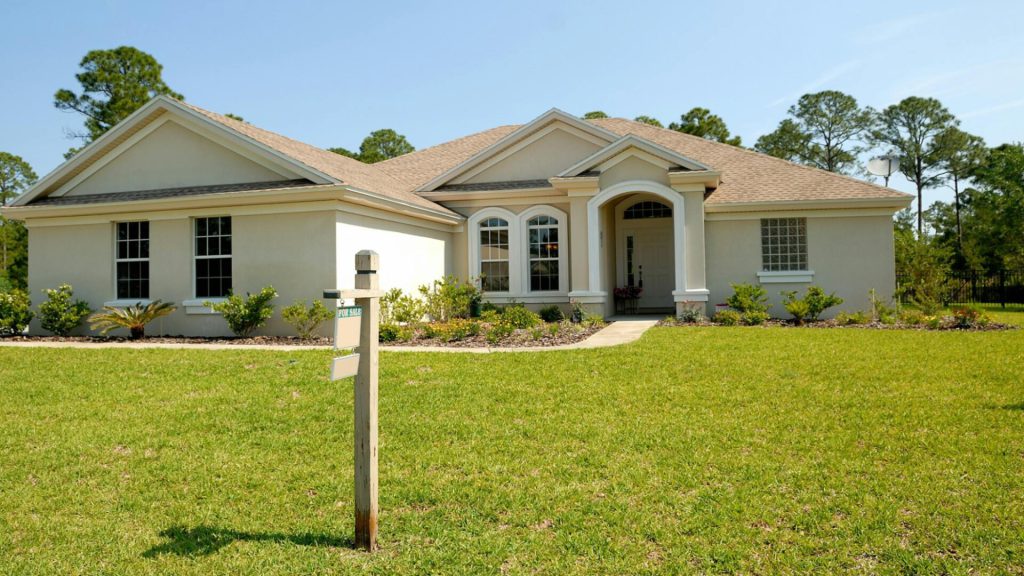
For Americans who are fortunate enough to be able to buy one of these newly built properties, it’s one of the best moments of their lives. However, there are challenges that come with buying a newly built home compared to a pre-existing one, which many homeowners are unaware of until after they’ve already signed the closing paperwork.
Financial Surprises in the Wings
Buying a home leads to more financial surprises that many people are aware of before they start house hunting. Repairs and closing costs are important factors to consider before signing any paperwork, but what many Americans are less aware of are the costs that come after closing on a home.

One key expense has been proven to be a significant sticker shock to Americans after they buy their home. So much so that almost 75% of recent homebuyers had regrets about their purchase, with 33% of people complaining specifically about the rates of property taxes.
The Differences Between Old and New
New builds are different from pre-existing builds when it comes to property taxes, because property taxes can change dramatically on new builds after the fact. This is because initial rates are often based on estimates.

For homebuyers who already stretched their budget in order to be able to afford their home in the first place, any change in the pre-agreed-upon price can be frustrating and demoralizing. For many Americans, though, it’s a risk that they have to take.
A Significant Part of the Housing Market
Newly built homes comprise of 30% of the current housing market, which is up from the usual 10% to 20%, according to a recent report by the National Association of Realtors. More and more buyers are turning to builders rather than sellers, and that means that potential owners need to be aware of how costs might increase for them.

What many people are not aware of is that property taxes change year over year. They are constantly reevaluated, particularly for new builds. “Buyers need to understand that real estate taxes…are not status. They can change on an annual basis,” said Melissa Cohn, regional vice president at William Raveis Mortgage.
Factors that Vary the Cost
Initial mortgage offerings factor in the principal, the interest payment on the mortgage, homeowner’s insurance, and property taxes. These are all factors that potential home buyers discuss with their lender before signing any paperwork, but as with all things, it gets a little tricky.
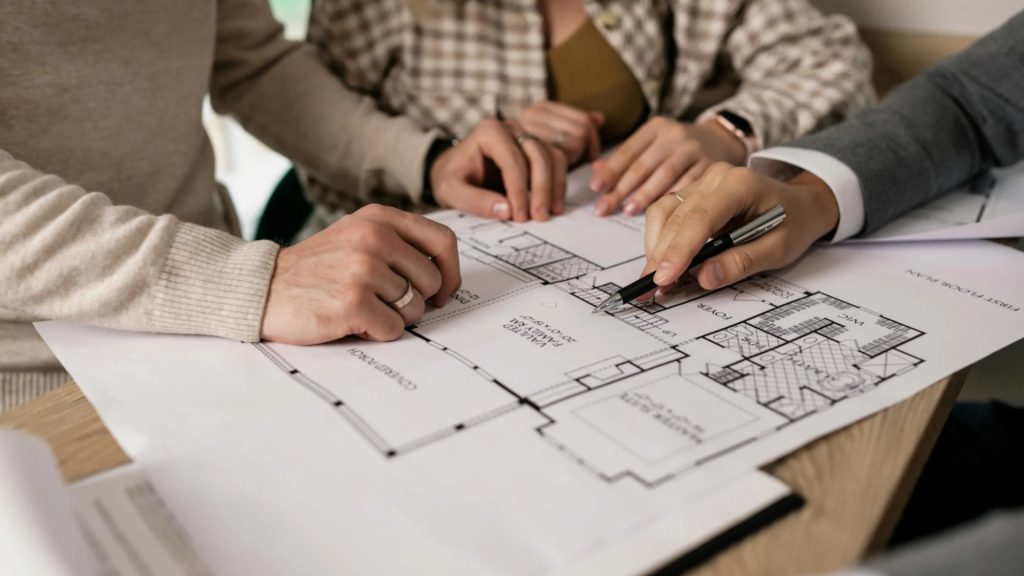
For new builds, unlike pre-existing properties, the property lacks a tax bill because there’s no house to assess yet. Instead, mortgage lenders will often use an older tax rate from the area, or even estimate the tax rate in order to calculate the potential monthly payment to the lender.
Different Costs to Property Taxes
The calculation is going to vary by lender, and can also vary due to different factors. The amount of money that a lender has to put down initially, their credit score, the zip code, etc. are all different factors that can drastically change the ultimate payment that a buyer will need to make when all is said and done.
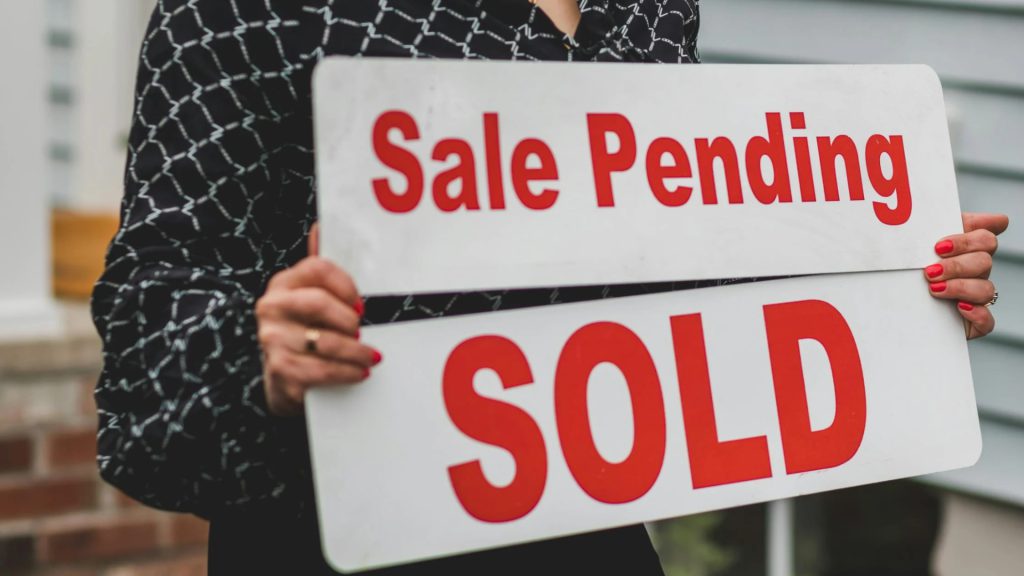
As far as property taxes go, the calculation is equally variable. Some lenders take 1% to 2% of the sales price of the home for the property taxes, while others multiply one-third of the sales price by the local tax rate to determine estimated taxes.
Lender Picking Up the Slack
The homeowner will typically pay the estimated property tax rate into escrow, in the beginning. Depending on the local tax assessment cycle, the county office will eventually assess the value of the new house to determine the actual property tax rate.

Some places will differ on frequency on evaluation of new houses, but new properties are always reassessed eventually. At that point, if the homeowner has an escrow account, they may learn they have a shortage, meaning that they owe more property taxes than they expected.
Research is Important
In this scenario, if the homeowner cannot pay the increased property taxes in a lump sum, the lender will typically pay the balance. The homeowner then pays up the difference over time, through a higher payment on their mortgage.

“People who buy today with the assumption that they qualify based on the current real estate taxes or current insurance need to really do more homework to understand where they could really be in a year,” Cohn said, regarding the issue.
Rely on Experts to Help Navigate Challenges
Buying a home is tricky, and navigating aspects like property taxes only make things that much more challenging. Experts recommend learning about county assessments of property taxes when buying a home in an area you’re not familiar with, and learning what the reassessment formula is based on.

Additionally, it’s highly beneficial to consult with a local loan officer who is familiar with the financial landscape of the city that you’re looking to buy in. They’ll have the best knowledge to guide you along your home buying journey, and will hopefully reduce the ultimate sticker shock that you might have to face after the papers are signed and the keys are in your hand.

